Bridging gaps at NLSDays 2021
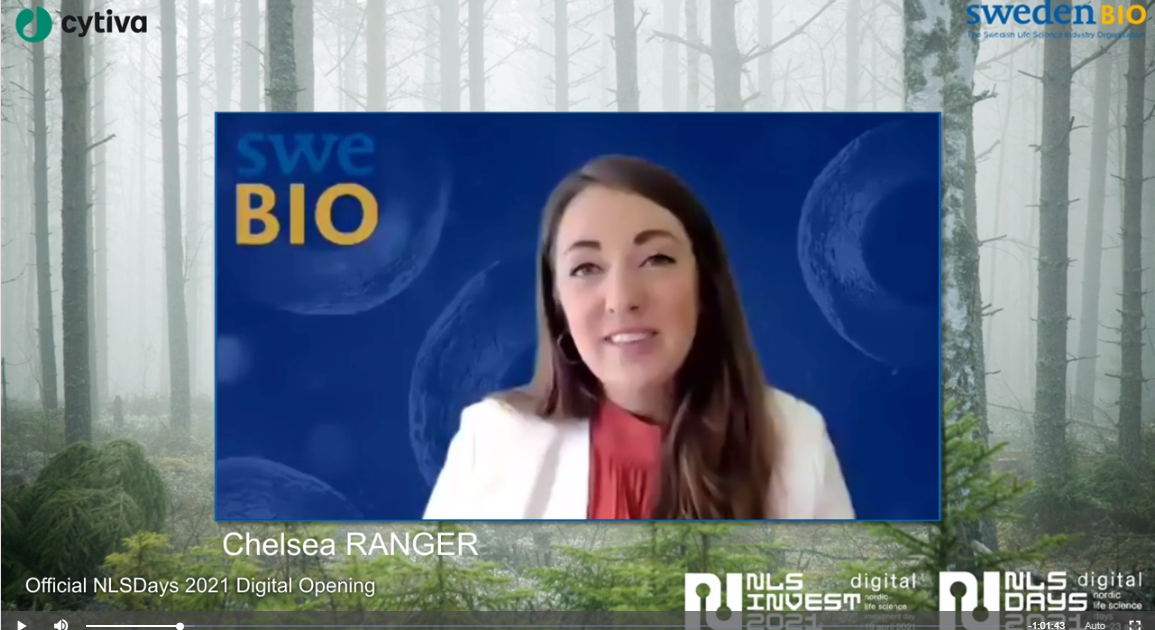
Did you miss the Nordic Life Science Days this week? Here is a summary of Oslo Cancer Cluster’s activities.
The largest partnering conference for the life science industry in the Nordics was successfully converted to a virtual format this week.
“Going digital has allowed new participants to join who might not have otherwise done. This includes investors across all time zones, US to Asian Pacific, in record numbers: 179, in fact,” said Chelsea Ranger, NLSDays Program Director and NLSInvest Committee Co-Chair.
A day for start-ups to meet investors, a digital showcase room, one-on-one partnering and a three-day programme with inspiring sessions were all part of the conference.
“We’ve done some things differently in the programme, including a central theme: Bridging the Gaps, to address narrowing the boundaries across our region, better linking traditional and nontraditional sectors, and a focus on gender diversity. In this, we have focused not only on individual national strengths, but on the combined values of our Nordic Region as a joint success in life sciences,” continued Ranger.
The main programme included engaging topics on data, microbiome, new vaccine technologies, and the integration of technology and digitalisation. It also included the most first-time speakers and most female speakers (over 50%) than all previous NLSDays events.
Connecting investors with start-ups
More than 80 early-stage life science companies pitched to investors on the one-day pre-event called NLSInvest – a brand new component of the conference. The presentations spanned across three dedicated tracks: biotech/pharma, medtech/diagnostics and digital/e-health.
Among the presenting companies were Oslo Cancer Cluster members Adjutec Pharma, Kongsberg Beam Technology and Hemispherian. The companies had prepared video presentations in advance, highlighting the unique features of their innovations and ambitious business development plans.
“We are grateful for the opportunity to pitch to international investors at NLSInvest and being presented as one of the Nordics’ 80 Rising Stars,” said Kerstin Jakobsson, CEO of Kongsberg Beam Technology.
“To be named a Rising Star means the company gains more exposure than what would have been possible. I hope this pre-event will take place again next year, because it is important to show all the promising medtech, biotech and pharma companies in the Nordics.”
Strong Norwegian life science presence
Oslo Cancer Cluster gathered with its life science partners in Norway for a digital showcase, offering both exposure and networking opportunities. The purpose is to promote the growing Norwegian life science ecosystem and increase collaboration between Norway and the Nordics.
The delegation included Norway Health Tech, Aleap, University of Oslo: Life Science, The Life Science Cluster, Inven2, NORIN, Nansen Neuroscience Network, LMI, Innovation Norway and The Norwegian Research Council. Here are a few of their comments:
“Nordic Life Science Days is a great occasion to get the latest updates from the life science’ communities in the Nordic countries and to network with others, the Norwegian delegates included,” said Morten Egeberg, Administrative Leader at University of Oslo: Life Science.
Beate Rygg Johnsen, Senior Adviser of Innovation and Industry Collaboration at the Centre for Digital Life Norway, agreed:
“The opportunity to meet with many potential players in the ecosystem in a short time is really valuable to us. Only yesterday, I attended several meetings together with one of our research projects.”
“We are happy to participate in making Norwegian life science visible, showing what Norway can offer as a country, and attract potential investors and collaboration partners in science and innovation,” said Espen Snipstad, Head of Communications in LMI.
Spotlight on precision medicine
As part of the main programme, Oslo Cancer Cluster presented Super Session 5: From Population to Precision. The 90-minute online session included presentations from representatives of biotechnology companies, pharmaceutical companies, and investment funds. This was followed by an engaging panel discussion between the speakers and included questions from the audience.
“This session highlighted the increasing importance of novel diagnostics solutions. Drivers are the Precision Medicine Revolution, the convergence between hardware, software and data, and of course the current pandemic,” said Jutta Heix, member of the NLSDays programme committee and Head of International Affairs, Oslo Cancer Cluster.
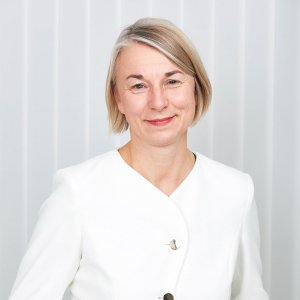
Jutta Heix, member of the NLSdays programme committee and Head of International Affairs, Oslo Cancer Cluster
“The speakers illustrated challenges and opportunities for bringing products to the market in a set of complementary presentations. Both, Seald from Norway and Elypta from Sweden are examples for recent Nordic innovations in cancer diagnostics and we hope to see more diagnostic innovation building on Nordic research, data and biomarker expertise in the future,” Heix continued.
Thank you to the participants of Super Session 5 – From Population to Precision (pictured above):
- Abdel Halim, Vice President at Taiho Oncology
- Maria Orr, Head of Precision Medicine, Biopharmaceuticals at AstraZeneca
- Karin Conde-Knape, Corporate Vice President at Novo Nordisk
- Tove Cecilie Viebe, CEO at Seald
- Karl Bergman, CEO at Elypta
- Patrik Sobocki, Venture Investor at Industrifonden
- Moderator: Mike Ward, Global Head of Healthcare Thought Leadership at Clarivate
Thank you for a fantastic week. We hope to see you again at the next Nordic Life Science Days!

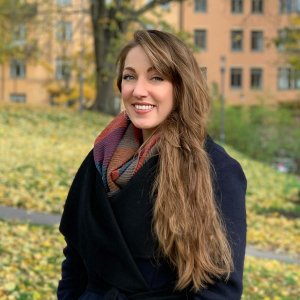
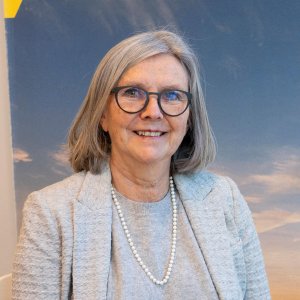

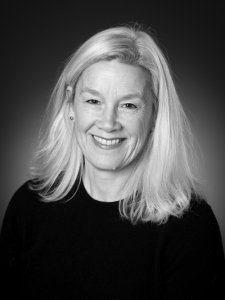
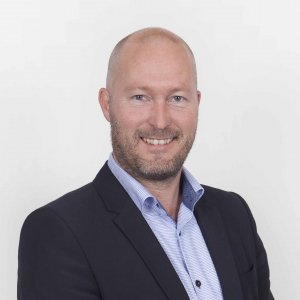
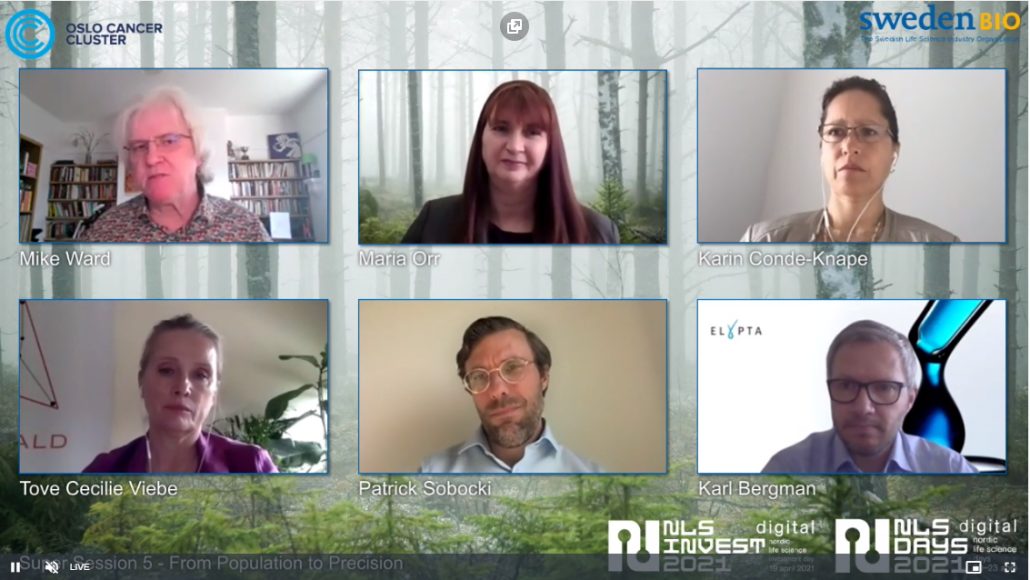
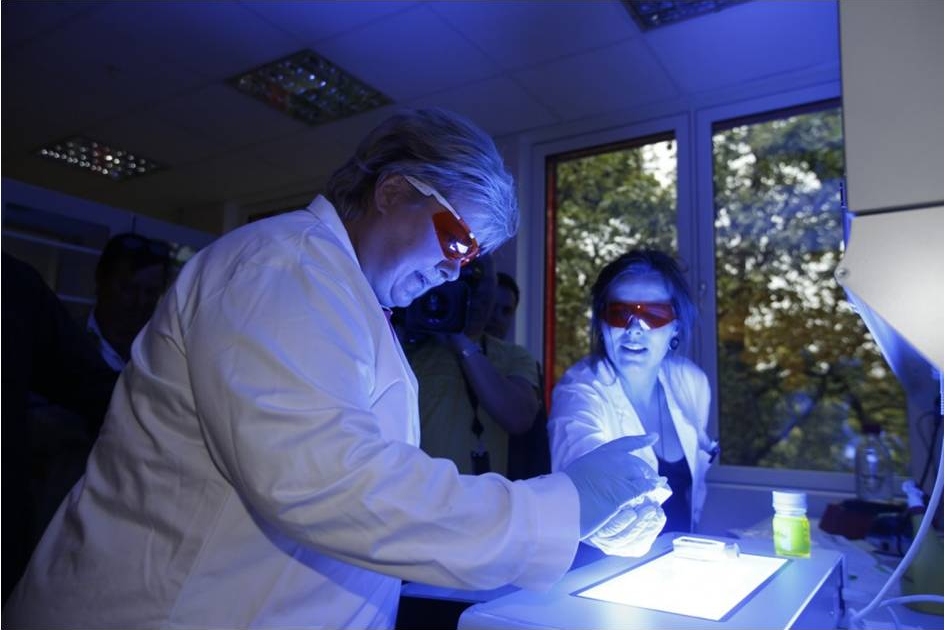
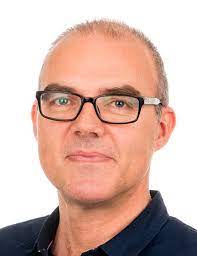
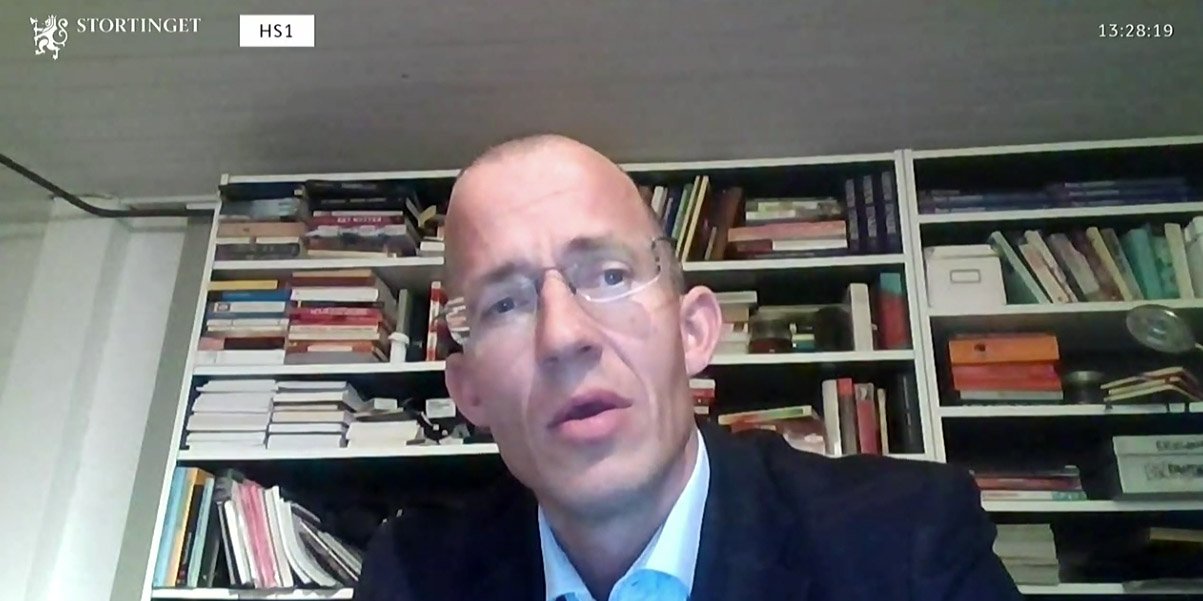
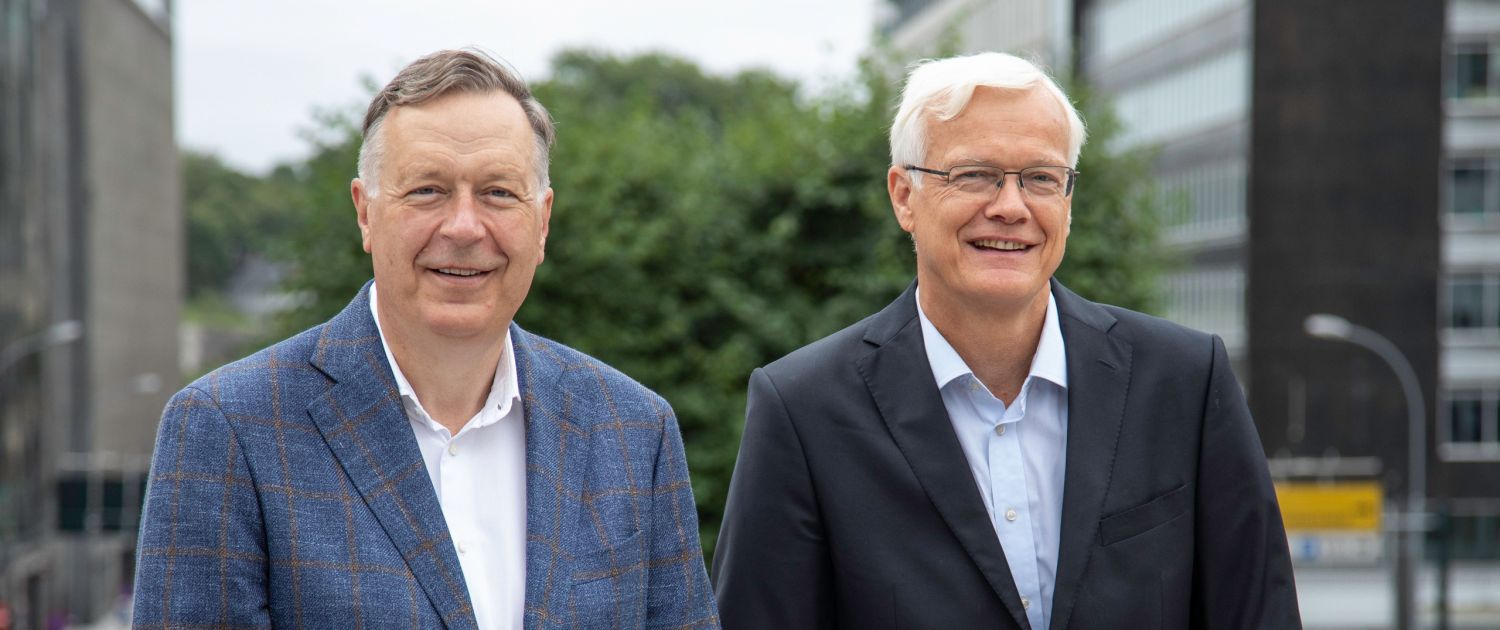 Lytix
Lytix 

